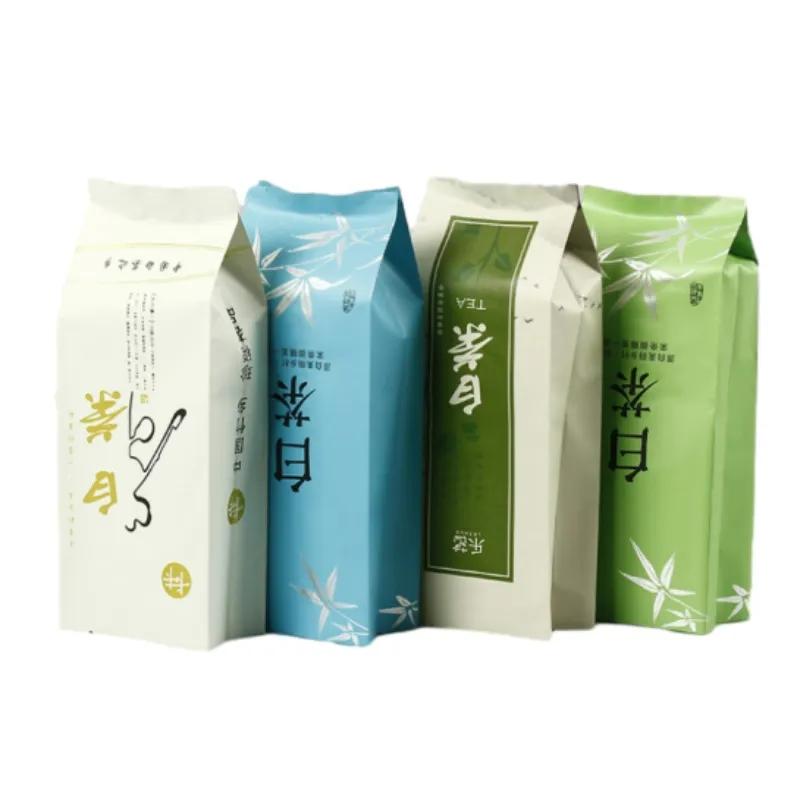In the rapidly evolving world of e-commerce and retail, the presentation and durability of products play a pivotal role in customer satisfaction and brand reputation. One product category that particularly benefits from enhanced packaging solutions is apparel, specifically shirts. Among the various packaging options available, the use of plastic bags for shirt packaging has proved to be highly efficient, balancing cost-effectiveness with protective quality.

Plastic bags for shirt packaging are crafted from durable materials such as polyethylene or polypropylene, offering robust protection against environmental adversities such as moisture, dust, and damage during transit. These materials are not only lightweight but also exhibit high tensile strength, which ensures the shirts remain intact and presentable when they reach the consumer. The barrier properties of plastic significantly mitigate the risk of water damage, which is a common concern in apparel logistics, particularly in areas prone to changes in weather conditions. This ensures the preservation of color, fabric quality, and the overall appeal of the shirts.
Beyond protection, plastic packaging is designed with transparency features that allow customers to view the product without tampering, enhancing the unboxing experience. This visual access can be crucial for consumer assurance in retail environments where the physical opening of packages prior to purchase isn’t feasible. The see-through quality also serves as a tool for retailers to market the shirt’s design prominently, catching the eye of potential buyers and enhancing shelf appeal.

Another advantage of plastic bags in shirt packaging is their versatility in customization. Brands can easily incorporate their logos, brand colors, and other branding elements through processes such as flexographic or digital printing. This level of customization aids in brand recognition and loyalty, differentiating the product in a saturated market. Additionally, special seals, zippers, or buttons can provide reusability, adding a layer of consumer convenience and perceived value. The ability to customize is not merely aesthetic but also functional, enabling brands to integrate features such as hanger holes or perforations based on distribution needs.
shirt packaging plastic bag
From an ecological perspective, the scrutiny towards plastic use is well-versed. However, technological advancements have introduced biodegradable and recyclable plastic alternatives. Utilizing such materials caters to the environmentally conscious consumer segment without compromising on the protective attributes of traditional plastic. Implementing these eco-friendly options is an aspect of corporate responsibility that can enhance a brand’s image, aligning with growing global emphasis on sustainable practices. Engaging in recycling programs or take-back schemes further underscores a brand’s commitment to environmental stewardship.
Cost efficiency is another core benefit. The production and transportation cost of plastic bags is considerably lower compared to other packaging materials such as cardboard or cloth, which can be crucial for businesses operating on tight margins. The lightweight nature reduces shipping costs, a significant factor in global supply chains where weight directly influences expenses.
Trustworthiness in using plastic bags stems from their widespread use and acceptance in the industry. Retail giants and small enterprises alike have adopted plastic packaging, not only for its protective and aesthetic qualities but also for its reliability and scalability in operations. Ensuring that the plastic utilized adheres to industry standards and regulations further enhances consumer trust, affirmatively securing a brand’s market position.
In conclusion, while shirt packaging plastic bags continue to be subject to evolving trends and technological innovations, they remain a tried and tested solution in the apparel industry. Combining practical protection, cost efficiency, customization potential, and emerging eco-friendly options, plastic bags are not just containers but integral components of product delivery, reflecting a blend of traditional reliability with modern consumer expectations. As businesses strive to enhance the consumer experience, leveraging these attributes efficiently across distribution practices is essential for maintaining competitiveness in today's dynamic market.